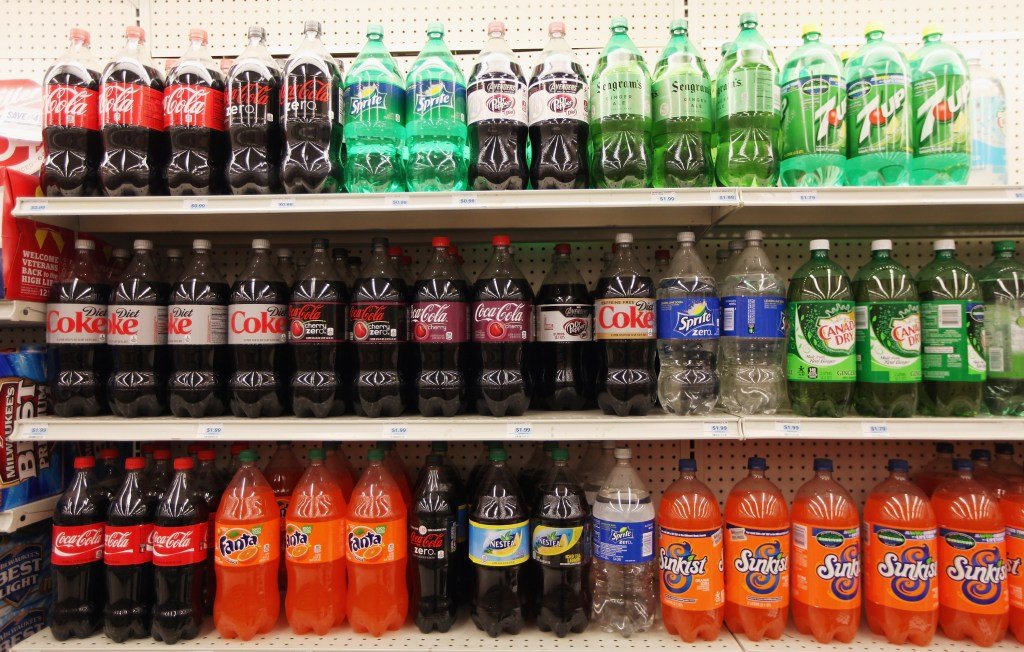BERKELEY — Many of the measures on Berkeley’s November ballot focus on improving the community’s health and wellness, from extending a tax on sugary beverages to increasing another tax to fund improvements to the city’s parks, trees and landscaping.
One of the ballot proposals, Measure HH, would set new indoor air quality standards for city-owned or leased buildings to align with standards set by the White House COVID-19 Response Team and the American Society of Heating, Refrigeration and Air-Conditioning Engineers.
Supporters of Measure HH, which requires a simple majority to pass, say requiring cities to improve air quality in buildings to address issues ranging from airborne illnesses to wildfire smoke would save cities money in the long run by reducing health care costs, employee sick days and workers’ compensation.
“Building a healthy city pays for itself,” reads one of the arguments in support of Measure HH.
But opponents say the cost of upgrading the facility, which one analysis puts at about $4 million, would mean less money for other city services.
The measure has drawn pushback from city officials, including Mayor Jesse Arreguin, who at a July City Council meeting called the proposal an “unreasonable step” with an uncertain cost.
“We can ensure both safe buildings and funding for essential city services. Vote NO on Measure HH. Tell the proponents to rethink and work with city leaders to come up with a smarter, less expensive plan,” read an op-ed opposing the bill written by Arreguin, Vice Mayor Susan Wengraf and City Councilman Mark Humbert.
Arreguin and Wengraf are also openly opposed to a natural gas tax. Measure GG would impose a tax of $2.9647 per therm of natural gas consumed in buildings over 15,000 square feet, except for government buildings, single-family homes and homes that are at least 50% affordable housing.
If approved by a majority vote, the measure would take effect on Jan. 1, 2025 and is estimated to generate $26.7 million in revenue in its first year, increasing each year until it expires in 2050. The tax revenue would be put into a special fund and used primarily for decarbonization and natural gas transition.
“By taxing the biggest polluters, we can combat the climate crisis and improve our quality of life,” supporters of Measure GG said in their arguments in favor.
Opponents, however, say the tax measure would put strain on nonprofits, schools, places of worship and small businesses, forcing them to cut programs and staffing or close altogether.
In addition to exposing the city to potential lawsuits, opponents argue that the technology “does not yet exist” for all organizations and businesses affected by the tax to cost-effectively transition away from natural gas.
“The City is already working with nonprofits and small businesses to make the transition in a way that protects nonprofits, renters and small businesses while ensuring businesses pay their fair share. We are eager to join in and do this the Berkeley way, in a sustainable and effective way,” wrote Wengraf, Arreguin and other City Council members and those behind the “No GG” campaign supported by Rep. Buffy Wicks.
Another ballot proposition, Measure X, would establish a new funding source for the Berkeley Public Library by instituting a land tax of 6 cents per square foot for residential units and 9 cents per square foot for all other types of property.
If approved by two-thirds of voters, the tax is expected to bring in an additional $5.6 million in revenue each year until it is repealed. The ballot measure calls for prioritizing weekend and evening hours to maintain facilities and services, expanding programs for youth, seniors and job seekers, and improving infrastructure such as disability access, Wi-Fi systems and the library’s website.
Measure Y seeks to increase the existing land tax rate levied by the city on the installation and maintenance of parks, trees and landscaping from $0.2210 to $0.2652 per square foot of taxable improvement. If approved by two-thirds of voters, the tax rate change would generate an additional $3.8 million in revenue per year, for a total of $22 million per year.
Property owners with “very low income levels” are eligible for an exemption from the tax, first approved by voters in 1997.
“All Berkeley residents deserve beautiful parks, a resilient waterfront, and an ecologically sustainable and biodiverse city,” read an op-ed supporting the bill written by city council members. “Berkeley’s parks are environmental justice and climate equity in action, and now it’s our turn to contribute to that legacy.”
Measure Z is a sugary beverage tax and an extension of an existing city tax approved by voters in 2014 that expires in 2027. If approved by a simple majority of voters, the $0.01 per fluid ounce tax paid by distributors would be extended indefinitely, which must be repealed by voters.
The soda tax has raised roughly $1.15 million annually since it was first approved. If the tax were renewed, it would preserve tax exemptions for small retailers, dairy products and infant formula.
“By voting YES on Measure Z, we can continue to reduce soda consumption and prevent the health problems they cause,” wrote supporters of the bill, including City Council Member Sophie Hahn and Berkeley Unified School District Vice Commissioner Khadija A. Brown.
They noted that tax revenue helps pay the salaries of garden teachers at all BUSD schools, provides thousands of health and dental screenings for underserved residents, provides healthy eating lessons for children and funds free food pantries and grocery boxes.

